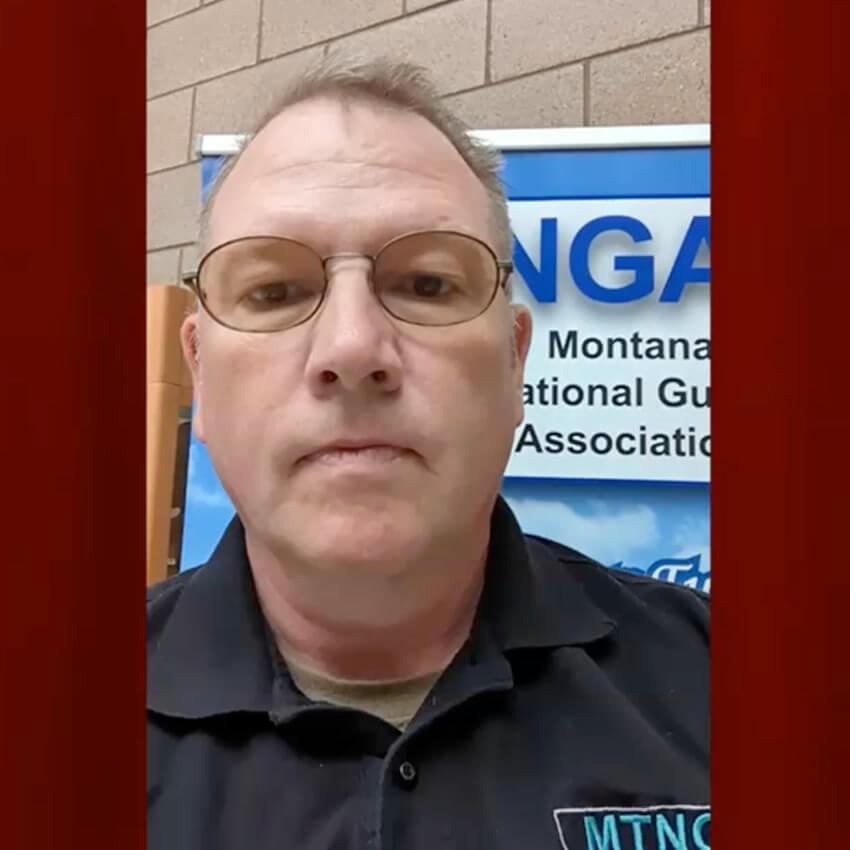Pursuing Happiness? Find Meaning First!
Pursuing Happiness? Find Meaning First!
Hey, I’m Paul Krismer, I’m your happiness expert and this week’s video is all about building kind of foundational blocks to a happier life, and that’s easier than we might think. It’s really about creating daily habits that create the actions that result in positive emotions. I’ve talked in the past about these three factories of happiness, what I call these different lanes or mechanisms by which we feel and experience positive emotions. David will create a little link in the description below so you can refresh your memory on what exactly these three factories are. Today, we’re only going to talk about one of the three, the third one: meaning and purpose in life. The other two, just by short references, are pleasure which is about sensory immediate pleasures, the second one is about engagement being and flow, and deeply engaged in activities that keep us in the present moment.
The topic for today is meaning, how we feel like we’ve got a purpose in life. The research I’m going to refer to is a relatively recent study that was all about prioritizing meaning in our lives and the great outcomes that we get from that, more life satisfaction, feeling on purpose which we sometimes call coherence, and then ultimately just more positive emotions. That’s the science for today. I think it’s especially important for people who are in their working years because our careers often create some lack of coherence because we are working hard every day but maybe not feeling like it’s meaningful to us personally. So stay tuned, here’s the science of meaning.
As a coach, public speaker, and best-selling author, I teach topics just like this one all around the world. So stay tuned, and I’ll give you practical tools that you can use to make both yourself and those around you both happier and more successful. This wonderful 2018 study really had me reflect on our own working lives. It is so important for adults that are in the working world, in that long span in our career, starting from 19 years old to maybe 70 years old. We’re in the working world, and that can be challenging at times because often we lose our sense of meaning. We’re doing the task that the employer wants from us, they’re buying our labor, but are they winning our hearts? We can put the onus on the employer, and to a degree that’s important, but obviously a lot of the time, it’s an inside job to be able to find the meaning in our work.
If it truly can’t be found, then finding another work. It’s not easy but it’s important. This science basically surveyed people for the degree to which they had meaning in their lives. They asked questions like, “The manner in which I organize my day reflects values that are meaningful for me,” and then the scale would be, you know, I totally disagree to I fully agree, strongly agree. They might ask a question like, “I choose to include in my life activities that are meaningful for me even if they require effort.” Just in those two questions, we can see the relevance of this. “The manner in which I organize my day reflects values that are meaningful for me.” Even as I say that to you, I wonder if you can reflect on that and say, “Hey, is my life, is my day-to-day activity, at least in part, organized around my sincerest, deepest values? Or am I willing to make significant effort, sometimes not that it always has to be effortful, but am I making efforts to be engaged in activities that reward me and give me a sense of meaning?”
If the answers you know, disagree or strongly disagree, it’s going to be difficult to get this one factory of happiness firing in your life and therefore, you’re likely to be a less happy person. This is the real kicker, if we learn the tools and then implement the actions that lead to more positive emotions, we get to be happier. It’s kind of a reverse of sometimes, I think, a trap that people get into where we’re pursuing the emotion itself, I want to be happy, and so we somehow hunt for that emotion. That’s a fool’s errand because any time we pause and ask the question, “Gee, am I happy?” invariably our skeptical intellectual minds will find areas in our lives that are imperfect, and we will feel less happy by having asked the question.
So pursuing happiness directly isn’t very effective. But on the other hand, to pursue the actions that create the circumstances in our lives that lead to more positive emotions, that’s the goal. The exercise on this particular topic of finding more meaning in our lives, well, the actions would be things like looking at our own personal values. What’s important to me? Spending some time reflecting on that, growing our self-awareness. In fact, I’ve encouraged this in the past but I have an excellent totally free tool that David will link in the description below where you can get an exercise that powerfully helps you identify not only your top values but the order in which they are prioritized by you. This tool can be so amazingly effective, life-changing in fact and completely pertinent to this exercise of getting more meaning in our lives.
So that when you know what your values are, what your priorities are, then you can actually create meaningful activities and design them into your life, plan your life around actualizing those values. So for example, if through this survey you find that, you know, family or friends is your most important value, then you can schedule the activities in your life on a daily basis through the week, on a month maybe for the year or even looking far ahead and saying on a five year forecast, how am I going to create a life where I live this value extremely well? Maybe it’s a sense of contribution or social justice or whatever your values are. I have no judgment, one’s not better than the other. Whatever your values are, if you’re really clear in what they are, and then spend some time and saying how would I create a daily, weekly, annual or long term, five to ten year vision about getting more of that value in my life?
And, once you start doing that, you will find that your positive emotions increase. You’ll wake up in the morning in some kind of subconscious way, knowing that you have a purpose today because you’ve got some plan or activity that’s going to contribute to your sense of values. That you will, in fact, feel happier. It doesn’t mean that you actually have to, every single day, feed these value-driven, meaningful activities into your life, but they have to exist somewhere, at some times. And so long as you can have this confidence, again mostly at a subconscious level, that you’re doing the things that will bring more positive emotions into your life, that will help you feel that you’re living your values, you will, in fact, be happier. So, chase the actions and the self-awareness, and the positive emotions will follow.
Hey, I hope all that makes sense. Please do follow the links to the value survey. Thanks so much for watching, and if you like this kind of content, click the like button, share it with your friends and family, and maybe even your HR director. Until next time, I’m Paul Krismer, your happiness expert.























